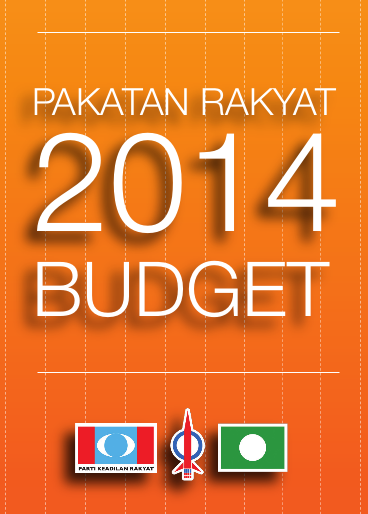Will YTL's e-learning programme be a revolution in Malaysian education or another expensive white elephant?
According to official ministerial replies to my Parliamentary questions, YTL Corporation Bhd and its subsidiaries appear to have hit a jackpot by means of a monopoly over the Ministry of Education’s ambitious ICT projects, as follows:
High-speed 4G broadband under the 1BestariNet programme to all schools (RM663 million for a contract of 2.5 years);
A Virtual Learning Environment (VLE) platform for teachers, students and parents (RM250.5 million for fixed-term licensing fees and RM262.8 million for management and maintenance costs); and
Chromebooks under the 1 Student 1 Device programme (RM139.6 million for an initial order of 116,399 units at a cost of RM1,200 per unit).
I have previously questioned the rationale for awarding YTL a blanket monopoly over the entire package of programmes, including the supply of Chromebooks which would amount to RM6.6 billion for 5.5 million units. I have also pointed out that the price of Chromebooks as supplied by YTL appears to be higher than the prevailing market rates, despite ordering such a large quantity.
I would now like to focus attention onto the Virtual Learning Environment (VLE) platform, which is an e-learning tool that will be used by schools, teachers, students, parents and basically anyone assigned with an ID and password. The VLE is an online platform that will provide virtual access to classes, class content, homework and other resources.
According to a Parliamentary reply I received on 9 July 2013, the VLE package that will be supplied by YTL will entail 10,000 instances encompassing 5.5 million students, 500 thousand teachers and 4.5 million parents or guardians.
The VLE is certainly an innovation, and if implemented well, would no doubt enrich the education experience of students and teachers exposed to it. It is also not new, as it has been in use in many countries around the world, from the United Kingdom to South Korea. However, the real question is, are Malaysian schools and teachers prepared to implement it? This applies not only in terms of their capability to use and teach with the VLE, but also in terms of their mind-set and willingness to embrace new technology.
Often, the problem with adopting new technology such as the VLE is not so much its technical aspect (which can be learnt), but whether the professionals in the field, in this case being teachers, are prepared to completely change their approach to teaching, as would be required. In other words, it is not a question of technology, but a question of pedagogy.
In fact, a 2009 report titled “Virtual learning environments: an evaluation of their development in a sample of educational settings” by the UK’s Office for Standards in Education, Children’s Services and Skills (Ofsted) has revealed that many schools and colleges which have adopted VLEs have not appeared to make much progress.
For example, the report states that although a lot of effort was made in introducing VLEs, their positive impact on learning is “not yet obvious”. From a sample of 34 schools surveyed, just over half of the comments regarding VLEs were positive, while the rest were cautious. It is also noted that VLEs were “not yet significantly helping learning”.
The report also goes on to stress that the effectiveness of VLEs depended very much on the enthusiasm of the teacher. While the report did note that a good grasp of information technology was not critical to the efficacy of VLEs, the e-learning tool is not particularly useful unless the teachers were confident and creative in developing materials via the VLE for use amongst their students.
In summary, it all boils down to the teachers. And lest we forget, our Malaysian education system has yet to recover from the PPSMI (Teaching of Science and Maths in English) policy fiasco, which was doomed to fail from the beginning considering that the Ministry failed to recognise the fact that our teachers lacked basic proficiency in English.
Bearing in mind that the VLE would require extensive training for teachers not only in equipping them with the technical know-how but also in transforming their teaching methods, I fear that the Ministry of Education’s grand ambitions for an e-learning environment will not translate into the revolution they are hoping for but instead end up as another multi-billion ringgit white elephant (albeit a virtual one).
